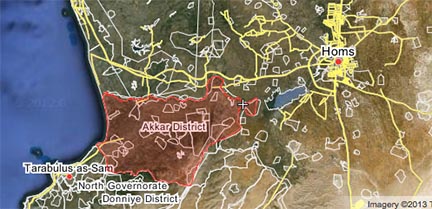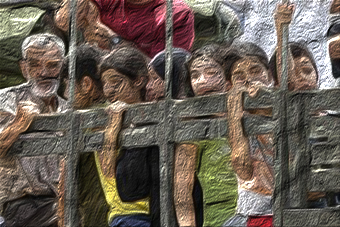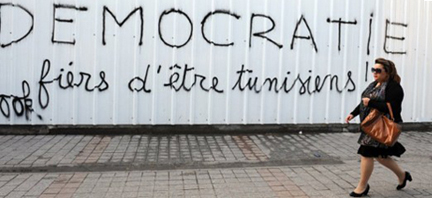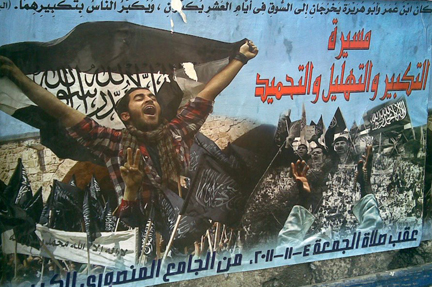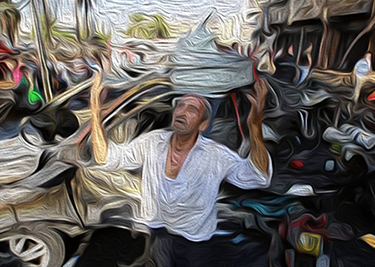
The artificial polarization of “communities of sufferingâ€: when political violence paves the way to a common ground
by Estella Carpi
I still remember when the Secretary-General of Hezbollah, Sayyid Hassan Nasrallah, in the speech he held on occasion of the Martyr’s Day on 12th November 2012, used the term munafis (rival) to indicate the Lebanese opposition parties, instead of ‘adu (enemy), which is only used by the party to point to their enemy par excellence, the Zionist entity. This detail helps create a picture of the Lebanese political scenario of the last two years, in the constant attempt of local parties to maintain relative stability within the country’s boundaries, in spite of the aging bloodshed in neighbouring Syria.
In the currently increasing insecurity of life in Lebanon, community as an interpretation grid – and specifically the “belonging†to a given community – seems to be, again, a sine qua non of any understanding of local suffering, historical scars, and individual worldviews. Community, meant as a primordial notion, has always been used as a protective identity shelter in time of crisis: Lebanon constitutes the perfect historical case in point. As such, community is imagined by all of us as a comforting source for empathy and solidarity, particularly in the chronicity of a fragmented and flimsy state sovereignty. After the bombing in Dahiye – as the southern suburbs of Beirut are locally called – last 15th August, and in Tripoli, in North Lebanon, last 23rd August, all residents apparently have come to reshape two separate communities of suffering. Continue reading Lebanon: Comments on “Communities of Suffering”
